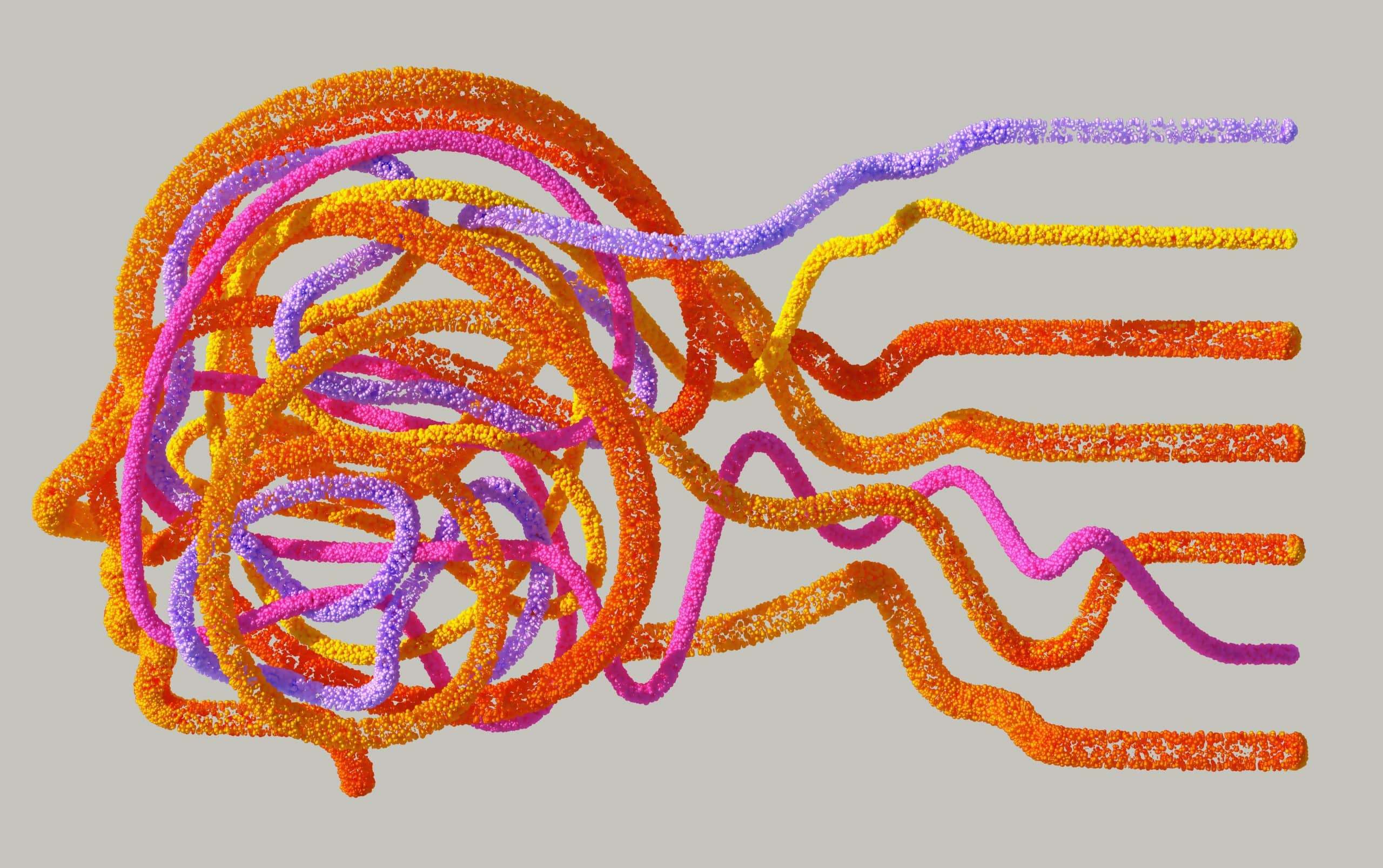Grief is a strong, sometimes overwhelming emotion that comes with significant loss. Whether you are grieving a death, a breakup, or the loss of something else in your life such as a job, grief is a valid and normal emotion that everybody faces at some point in their life. Grief comes in different sizes and impacts people in various ways depending on how the loss impacts the person. For example, if you lost a friend to death, you would grieve differently than that friend’s parents would grieve. You will also grieve this loss differently than you might grieve the loss of a job.
The 5 Stages of Grief
In 1969, Elizabeth Kubler-Ross wrote a book that described the 5 stages of grief as denial, anger, bargaining, depression, and acceptance. You may experience all these stages or just some of these stages. Grief is not set in stone and varies from person to person and experience to experience.
Denial
Denial is the stage of grief in which you have a hard time accepting that the loss is real. During this time, you might find yourself saying “I can’t believe they’re gone” or “This can’t be happening”. Denial is an automatic defense mechanism to help cushion the pain of a loss.
To help get through this stage of grief, allow yourself time to process the loss. Don’t rush through the process, and don’t do it alone. Enlist the support of friends, family, or even a grief counselor or support group.
Anger
Anger is another common stage of grief during which you might find yourself angry and frustrated about the loss itself, at the person who died, or even at nothing. Anger during grief is a natural response to feelings of helplessness over a situation. You might find yourself saying or thinking “This isn’t fair!” or “How could they leave me?”.
To cope with anger in the grieving process, try to find healthy ways to express your anger through means such as journaling or exercise. You might also consider talking to someone like a trusted friend or a counselor who specializes in grief and loss.
Bargaining
During the bargaining stage, you might find yourself reflecting on the loss through “if only” statements like “if only I had done something different” or by making “deals” with a higher power – “I promise to stop smoking if they come back”. The bargaining stage happens as you try to grapple with and make sense of the loss that you’re experiencing.
During the bargaining stage, it’s important to focus on the positive memories that you have with the person or situation you’re grieving. It’s also important to understand that these feelings of guilt are normal and natural.
Depression
Depression is a deep sense of sadness that can manifest after a loss. It can present itself as hopelessness or a sense of helplessness. It can also manifest as feelings of emptiness or withdrawal from everyday life. You might find yourself “coasting” through the day-to-day during this stage. The depression stage, like all of these stages of grief, can come and go in waves.
To cope during the depression stage, it is important to take part in a self-care routine and to allow yourself to feel sad without remorse. It is normal to feel depressed after a loss. If your depression seems to be difficult to cope with, talk to a counselor. It is okay to get help during these hard times.
Acceptance
Acceptance is the stage where you begin to come to terms with your loss and are ready to begin the healing process. You might find yourself saying “I’m going to be okay” – and it’s true. The acceptance stage is about preparing yourself to move forward. This doesn’t mean that you won’t feel the weight of grief sometimes, but you will feel as though you can coexist with that grief.
During the acceptance stage, it is important to tell yourself that you will be okay. Build new habits surrounding what your life looks like now and continue to engage in self-care activities. Spend time with your loved ones and continue to honor the memory of what you lost by moving forward positively.
Conclusion
There is a metaphor about grief that says that grief is like a ball inside of a little box. At first, the ball touches all the edges of the box and it hurts a lot whenever you think of the thing causing the grief. But eventually, the box grows larger, and the ball bounces around but touches the edges less frequently. When the ball bounces against the walls of the box, you might revisit a stage of grief. You might even visit a stage that isn’t listed in this article. But as time goes on, the box will continue to grow, and you will continue to heal.
For More Great Content
Total Apex is an all-encompassing content producer. We provide heavily detailed articles every day on entertainment, gaming, sports, and so much more! Check out all our great sports content Total Apex Sports. Check us out on X @TotalApexEandG and our other sites: Total Apex Sports Bets and Total Apex Fantasy Sports. For more articles by Audrey Allen, click here!











